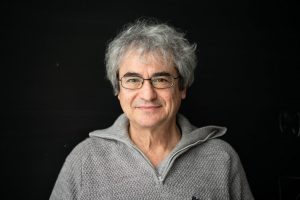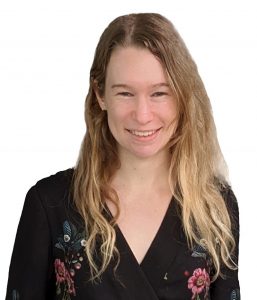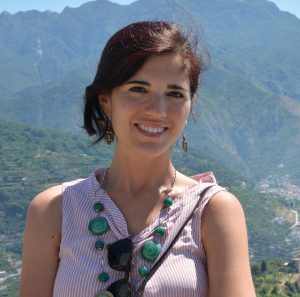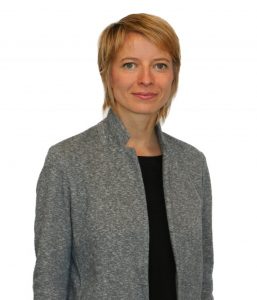About QISS 2022
Learn about the QISS Initiative, the conference organizing committee, our local host institution & the city of LondonThe QISS Initiative
The QISS 2022 Conference is organized by the QISS interdisciplinary initiative. QISS is a fundamental research initiative across disciplines, in the broader fields of Quantum Information and Quantum Gravity. We aim to found the physics of quantum spacetime on an information theoretical basis, bring within reach empirical access to quantum gravity phenomenology using technologies that quantum manipulate gravitating mesoscopic masses, and promote an extensive interaction between physicists and philosophers. The conceptual premise of QISS is to deepen the current understanding of this slippery but crucial notion that is rapidly taking a central role in our understanding of the structure of reality: Information. Funding is provided by a generous three year grant from the John Templeton Foundation awarded to the Center for Space, Time and the Quantum that coordinates the project.
Conference Organizing Committee
The Rotman Institute of Philosophy
The Rotman Institute of Philosophy is the local host for the QISS 2022 conference. The Rotman Institute is an interdisciplinary research institute at Western University — fulfilling a unique niche in the spectrum of Western’s research strengths by integrating core humanities practice into the development and application of science. Current faculty research projects explore topics ranging from frontier research in physics, deep problems in neuroscience, wicked problems in policy, the intersection of health policy & medical research, and unexpected consequences of innovation.
Visit the Rotman Institute website to learn about opportunities for visiting fellowships, postdoctoral fellowships, and more.
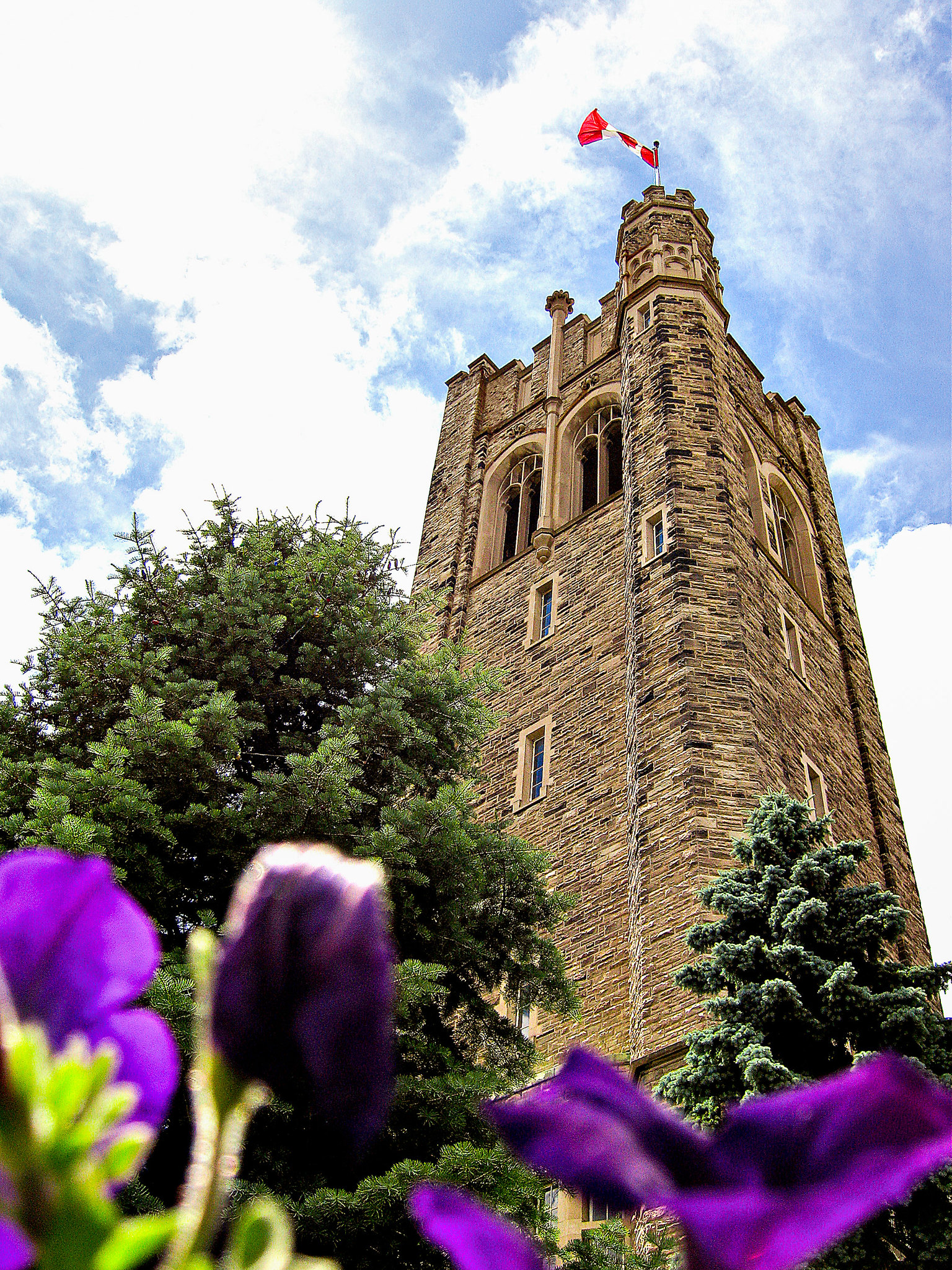
London is located in the heart of southwestern Ontario between two of the Great Lakes of North America, Huron and Erie. It is the eleventh-largest city in Canada with a population of approximately 384,000 people and is an ideal environment to live, work, and play. The overall flat nature of the area was caused by the retreat of glaciers during the last ice age, which also resulted in the formation of areas of marshland, kettle lakes, and highly productive agricultural farmland. Archeological evidence and oral history show that London has a long history of settlement dating back over 10,000 years. The Indigenous peoples who have called the region home for millennia include the Anishnaabeg, Haudenosaunee, and Lenni-Lenape Nations. European settlement of the area began in 1793, but the city was not formed until 1855. London experienced rapid growth after World War II and has continued to evolve and progress ever since.
Situated at the confluence of the Thames River, London has adopted the nickname the “Forest City” due to the numerous parks and greenspaces found throughout the city.
The University of Western Ontario, commonly shortened to Western University and Western, was founded in 1878 and is now a long-established academic community. The campus is considered one of the most picturesque campuses across North America and showcases gothic architecture and ivy-covered buildings that are framed by numerous scenic locations to relax, study and socialize. Western is one of Canada’s Top 10 Research-intensive universities and is ranked among the top 1% of universities world-wide.


